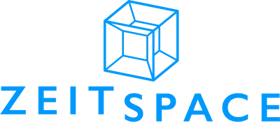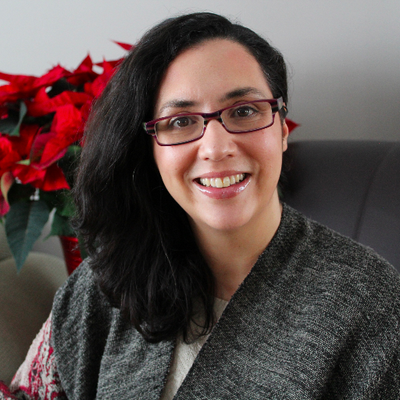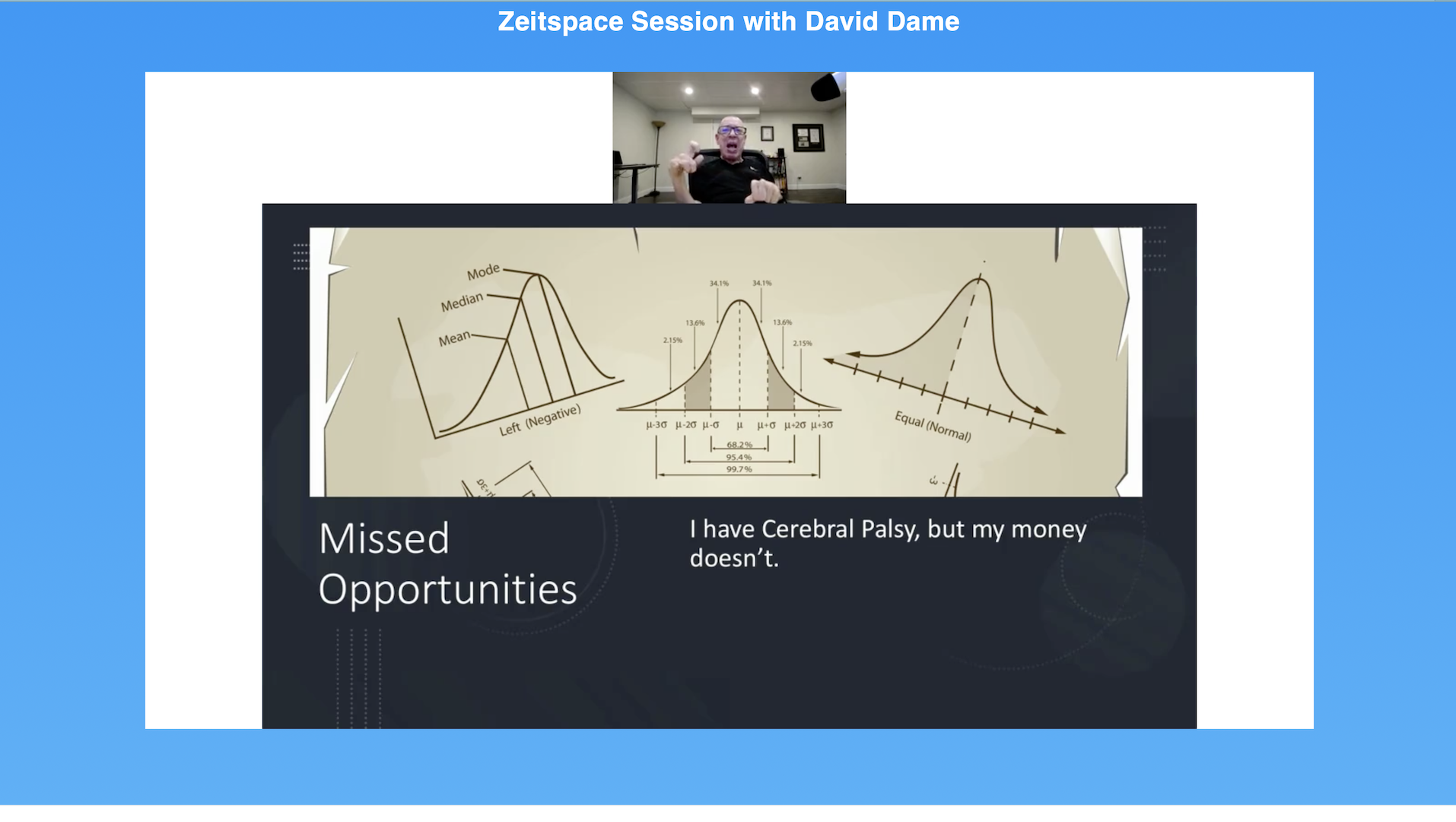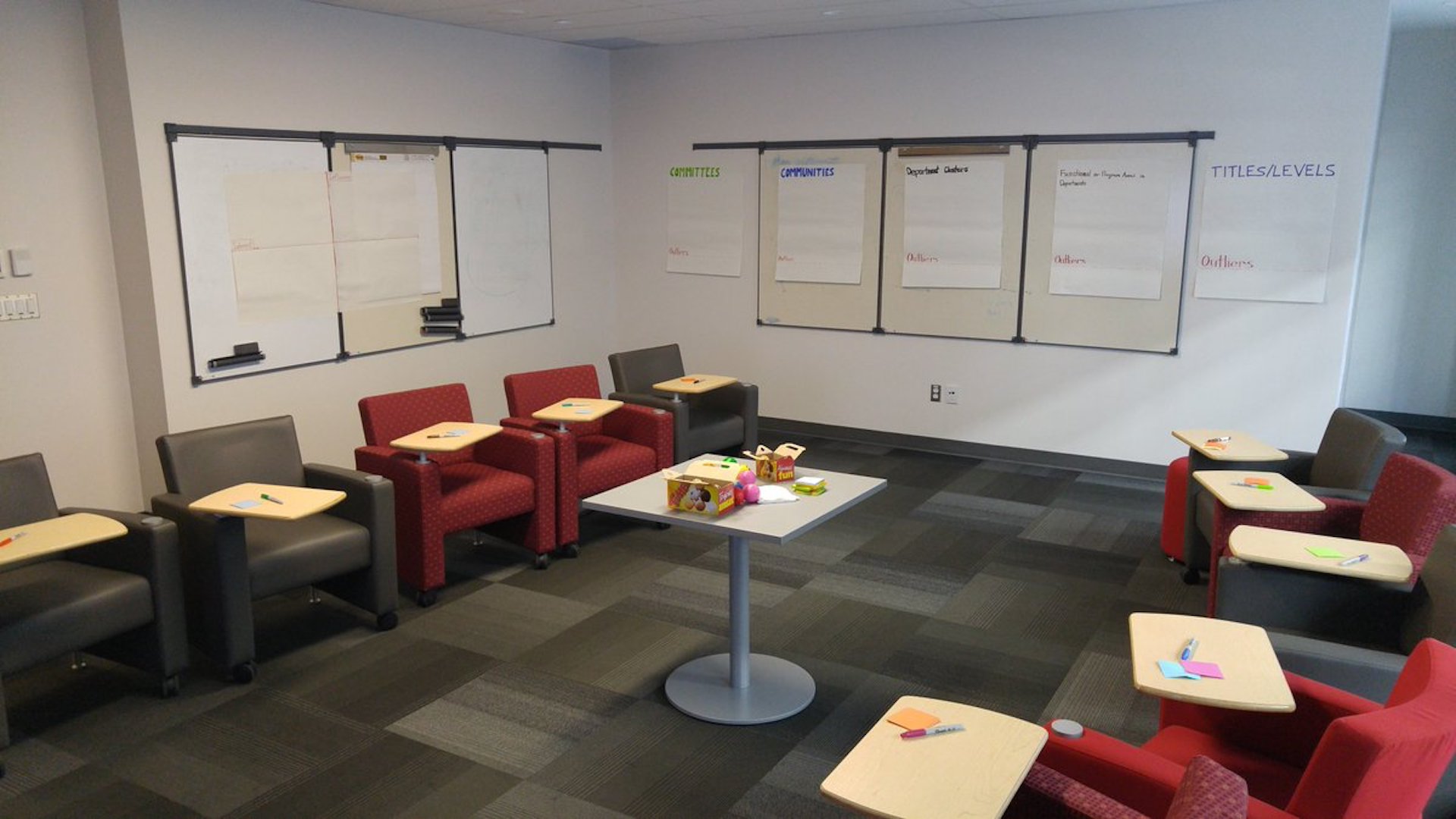Building a new product alongside your community can be a powerful way to work. Mark Tan should know. Tan has led product and growth at Amazon and Twitch, and is now doing the same for Wyze, a consumer tech startup that recently raised $110 million in Series B.
With a background like that it’s no wonder Tan champions community-led growth and building a tight feedback loop that includes — you guessed it — your community.
In our next Zeitspace Session slated for Sept. 23, Tan will join Nathan Maton, who led community at OpenIDEO, Khan Academy and Google, to talk about trends and takeaways when it comes to building products in tandem with your community.
Ahead of their talk, Tan answered some questions about why product managers should pay attention to building with their community and public roadmaps if they’re not already, what community-driven product development is, the successes he’s seen from that approach, and more.
You’ve written in the past about community-driven product development. What do you mean by that?
It’s a combination of two disciplines: community building AND product management. The first part is community. At the fundamental level, a community is a group of people sharing the same interest. In our startup, this is certainly true and this interest is anchored on the passion for affordable and quality products.
The second part is product development. You then channel this interest and figure out how they can connect, learn, and share this passion with others and your team. This can come in many forms: community discussions, group events, or product testing. Combining these two disciplines can help you build better products and drive business growth.
What are the successes you’ve seen come from that approach?
From a business standpoint the landscape is becoming increasingly competitive. A community-driven approach brings your customer into the product lifecycle to help enhance the product.
There are increasingly more companies doing this. Let’s take for example Notion, a productivity software that allows people to manage content. Because they allow people to create templates, collaborate, and build on top of the platform, you now have a strong community of designers and builders working together to enhance this software. This is different from other similar products where iterations are driven by internal teams.
In our company, these practices allowed us to move fast:
- More than 30 app updates
- More than 30 devices
- More than 5 million paid users
- Powered by 100k+ community members, 10k+ beta testers
You've written that community-driven product development is the future. How so?
We see more and more companies co-designing with their communities because this is the best way to win. Reddit co-founder Alexis Ohanian predicts that in five years “more than half of the top-500 publicly traded companies are going to have a chief community officer.” It should be no surprise that in a recent survey, nearly 80 per cent of startup founders reported that building a community of users was important to their business, with 28 per cent describing it as their competitive moat and critical to their success.
How do you address concerns that some product managers/stakeholders may have about putting their roadmaps out publicly?
The good news is, you don't have to share the whole roadmap. Focus on key products that exist and how you are improving the quality of those rather than new product categories or product lines. Community members usually have a long request list and providing updates on some of those should be sufficient.
In our startup, we have a dedicated wishlist area where members can openly discuss and vote for their favorite features. Their ideas are integral to our product development and in many cases, better than ours.
What can people expect to learn from your Zeitspace Session?
They’ll understand the compound effect of product and community building.
Join our Zeitspace Session Sept. 23 to hear more from Mark about building a tight community feedback loop.
